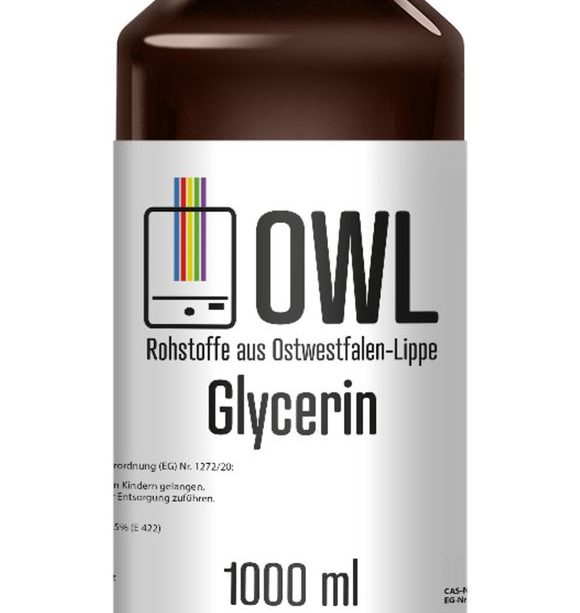The Importance of Glycerol in Modern Applications

Introduction
Glycerol, also known as glycerin, is a simple polyol compound with a wide range of applications across various industries. It is a colourless, odourless liquid that is sweet-tasting and has significant moisture-retaining properties. This versatility makes glycerol an essential ingredient in numerous products, from food and beverages to pharmaceuticals and cosmetics. Understanding glycerol’s importance is especially relevant today, as consumers increasingly seek natural and safe alternatives for personal care and dietary products.
Uses of Glycerol
In the food industry, glycerol is used as a sweetener, humectant, and preservative. It helps in maintaining moisture in baked goods, thus preventing spoilage and improving texture. Furthermore, glycerol serves as an effective solvent for food colourings and flavourings, thereby enhancing the overall sensory experience of products. The global market for glycerol in food applications is expected to grow significantly, driven by health-conscious consumers and the rising popularity of natural sweeteners.
In the cosmetics sector, glycerol’s moisturizing properties make it a popular ingredient in lotions, creams, and ointments. Its ability to attract and retain moisture helps keep skin hydrated, making it a key component for personal care formulations. The demand for glycerol in the cosmetics industry is growing steadily, as more consumers prefer products with natural and safe ingredients.
Glycerol is also widely used in the pharmaceutical industry, where it is incorporated into cough syrups, elixirs, and topical formulations. Its role as a solvent and stabilizer aids in the formulation of medicines and enhances their efficacy. The pharmaceutical sector’s demand for glycerol is projected to expand, driven by increasing health awareness and a rise in chronic diseases that require effective treatments.
Environmental Impact and Safety
Importantly, glycerol is considered biodegradable and poses minimal risk to the environment compared to synthetic alternatives. Its production from vegetable oils and animal fats makes it an eco-friendly choice, aligning well with the global shift towards sustainability. In terms of safety, glycerol is recognized as non-toxic and safe for consumption, further enhancing its appeal across various industries.
Conclusion
In conclusion, glycerol is a highly versatile compound with essential roles in food, cosmetics, and pharmaceuticals. Its unique properties facilitate various applications, providing benefits such as improved taste and enhanced moisture retention. As consumer preferences lean towards natural and sustainable products, glycerol’s importance in the market is likely to grow. Industries will continue to innovate and leverage glycerol’s beneficial properties, ensuring its relevance in contemporary applications for years to come.









